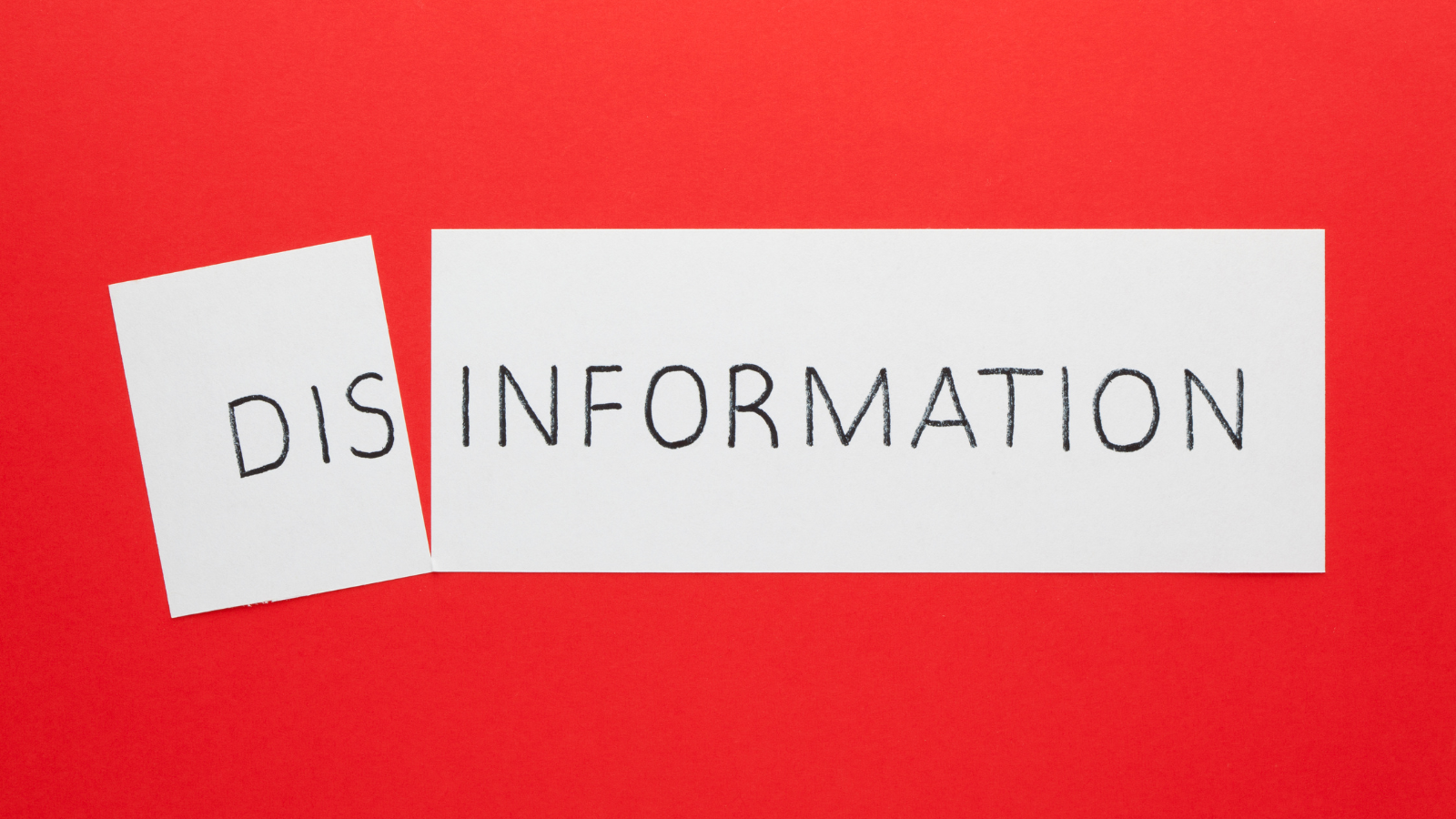There is a clear need to strengthen the role of education and training in tackling disinformation and promoting digital literacy. The sooner we help young people acquire the digital skills and competences to be critical and confident users, the better.
Rapid advancement in digital technologies, as well as increased internet use, have fuelled the debate on the importance of preparing students to access, use, understand and critically assess all forms of media.
According to the Organisation for Economic Co-operation and Development (OECD), little over half of 15-year-olds in the European Union (EU) reported being taught how to detect whether information is subjective or biased.
Meanwhile, Eurobarometer data illustrates that 80% of Europeans think that the existence of fake news is a problem in their country. One third of eighth graders lack basic digital skills. (International Computer and Information Literacy Study – ICILS).
The European Commission recently published a set of guidelines for teachers and educators on tackling disinformation and promoting digital literacy through education and training.
The guidelines provide hands-on guidance for teachers and educators, including practical tips and activity plans. They are designed for primary and secondary teachers with or without specialist knowledge of digital education.
The guidelines aim to foster an understanding of how to enhance digital literacy and provide practical knowledge about disinformation. They provide advice on how to use digital technologies responsibly and how to assess student competences concerning digital literacy.
The guidelines address questions, including
- How can we encourage young people to fact-check information and think critically?
- How can learners understand the various dimensions of disinformation, such as ethical or economic?
- How can we identify deep fakes?
Read more here.
Photo: ©ogichobanov via Canva.com





